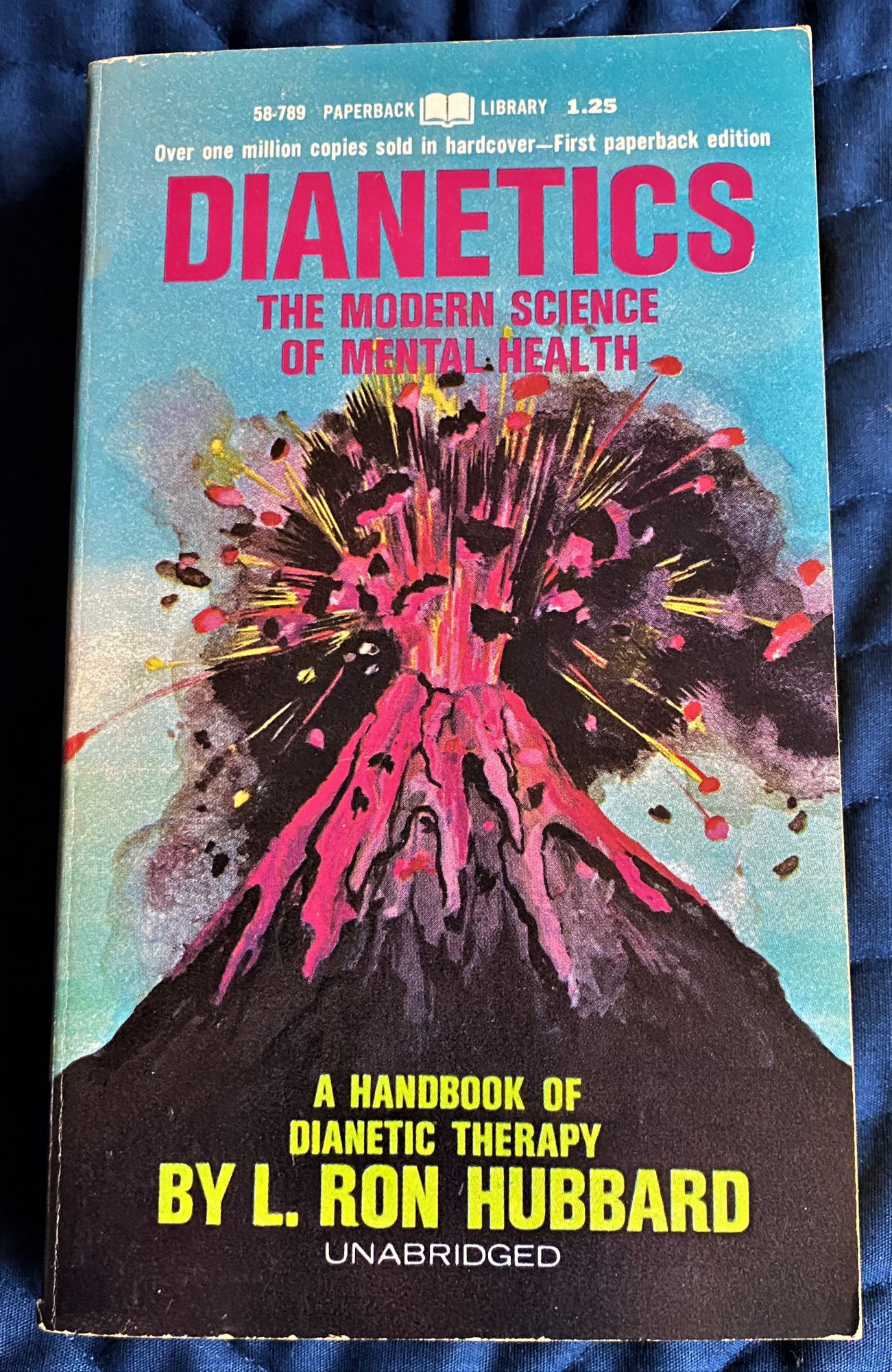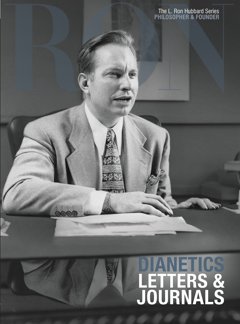Some Known Questions About Dianetics.
Wiki Article
3 Simple Techniques For Dianetics
Table of ContentsThe Of Dianetics8 Simple Techniques For DianeticsDianetics - The FactsNot known Factual Statements About Dianetics
I could not ever not want to receive anything that comes to mind for you- if it was or else, I wouldn't be resting here with you, doing this. I not only could never have an issue, or not intend to listen to something that comes to mind for you, but I'm completely excited to know every concept, every thought, every photo or feeling that arises or shows up for you- do not ever believe or else, and if for one reason or another you do, please simply allow me understand! Sometimes, you might have an idea, and image, concept or case pop up that does not seem to respond to the question, or associate with it, however nonetheless, constantly do tell me concerning it, and as we proceed, the importance will certainly arise for you.This is intrinsic in the basis of processing, and the topic of this conversation: the standard roles of the counselor and the customer: The fundamental function of the therapist is, in contrast to "basic training", not to regulate, which implies to enforce and/or prevent, yet to rather function from the basis of EMPOWERING THE CLIENT.

The Basic Principles Of Dianetics
John Mcmasters revealed this standard truth wonderfully well in one of his lectures on Power handling, wherein he explains just how he was asked what this "special flair" was that he had for providing such wonderful sessions; he had to consider that for a minute, and identified that it was what he had not been doing, as well as what he was doing: he had not been reviewing, evaluating, computing, or actually, creating any thoughts, let alone spoken expressions, after offering the command and while waiting on the computer to finish their solution to their complete satisfaction; he was, merely and only, existing with the PC, and totally interested.The function of the counselor, demonstrated; that was his "unique propensity". I have had my own experience which taught me this well, very early on in the game. In 1982, having actually just recently finished my training and teaching fellowship on New Age Dianetics, I was running this on a COMPUTER, and there was a point in the session where (being a little bit wet behind the ears not yet having go to website lots of hours under my belt as a specialist auditor) the computer seemed to be "taking as well lengthy" to share anything vocally after I provided him a command.
This secret ended up being one of the most useful payment that John ever before made to the subject of therapy or bookkeeping (Dianetics). In my modest viewpoint, it is the best contribution that anybody has ever made to these subjectsthe application is completely non-judgemental, non-evaluative, and devoid of any suggestion, suggestions or opinion.no preconditioned program for individuals, or 'degrees' that they must do
In Scientology we prided ourselves on not examining for individuals. All that truly meant was that the auditor did not VERBALLY review for the PC in session.
Top Guidelines Of Dianetics

Anyone that had ever before seen John audit could not aid yet see an one-of-a-kind top quality in his auditing."The client's fundamental function is to be there with the objective of moving in the instructions of their spiritual goals, and to openly and totally share and experience whatever materializes for them in answering the inquiries and carrying out the guidelines in the handling.
This is something to procedure as required. Also, people frequently have previous experience and/or indoctrination in auditing/processing which, in some means, and to some degrees, in fact misleads them into attitudes, ideas and behavior patterns that stop the complete awareness of these roles, and so they will certainly tend to inhibit the expressing of what comes to mind, as in the instances provided over - Dianetics. * The first, and perhaps primary examples of mis-indoctrination my latest blog post resulting in less than completely smooth and effective sessions, can be found in certain elements of the training regimens, look what i found or "TR's":"TR's" are frequently a person's initial, or a minimum of early, experience in Scientology, and while I will certainly go on to explain what I see as the problems in idea and practice, nonetheless, tend to be greatly restorative, done as they are offered (Hubbard firmly insists that "TR's are not processing, they are educating", however factually, they are both processing AND training)
There is no "failing", and no denial of the reality of this being processing. The emphasis, as it should be, is on experiencing the various other person's visibility.
How Dianetics can Save You Time, Stress, and Money.

Report this wiki page